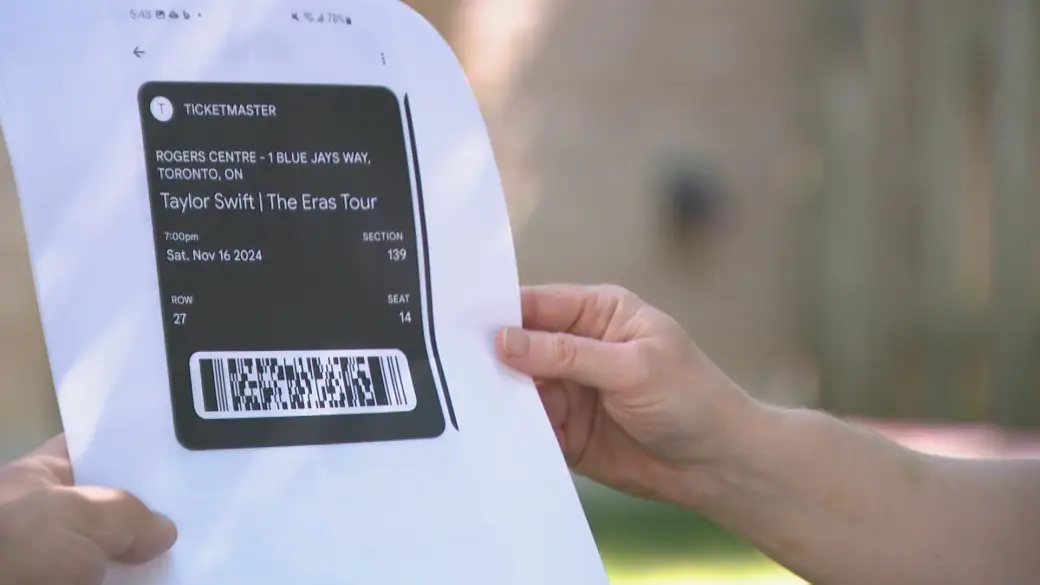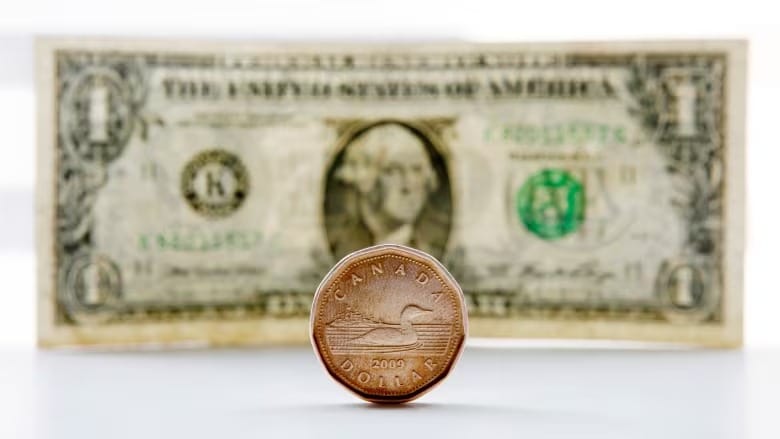Taylor Swift ticket fraud cases skyrocket in Canada: How can you spot a scam?
“Once you’ve sent money, it’s very difficult to get those funds back,” said Nancy Cahill, a communications officer with the centre, which is jointly operated by the RCMP, Ontario Provincial Police and Competition Bureau.

As Taylor Swift gears up to conclude her Eras Tour in Canada, fans eager to see the pop star perform live are at risk of falling victim to scams. The Canadian Anti-Fraud Centre has received 140 reports of fraudulent Swift tickets this year, with most involving individuals who were scammed out of their money.
“Once you’ve sent money, it’s very difficult to get those funds back,” said Nancy Cahill, a communications officer with the centre, which operates in partnership with the RCMP, Ontario Provincial Police, and Competition Bureau.
Cahill emphasizes that prevention is the best form of protection. Here are some tips for identifying scams:
Consider the Policy
It is currently easy to spot fraudulent Taylor Swift ticket sales: all of them, at least if the seller promises an instant transfer.
Ticketmaster announced earlier this month that ticket transfers for Swift’s sold-out concerts will only be allowed 72 hours before the event. Previously, Swifties could transfer tickets between Ticketmaster accounts at any time.
This change follows a surge in reported hacks of Ticketmaster accounts.
“If anyone tells you they can transfer tickets now, that’s a huge red flag,” warned Jagger Long, owner of the ticket resale business Karma Tickets.
Long has paused buying and selling Eras Tour tickets for this reason, although they were not a significant part of his business due to their high prices, which many fans find prohibitive.
Consider the Price
“If it’s too good to be true, chances are it is too good to be true,” Cahill said.
Given that Swift tickets are highly sought after, often selling for thousands of dollars, any offer below that threshold should raise suspicions, according to Cahill.
Additionally, if you feel pressured to act quickly, she suggests taking a step back.
“If there’s urgency to send money because you might miss out, that should be a clear indicator,” she said. “Many times, simply pausing to think and doing your homework can save you a lot of grief in the long run.”
Consider the Person
One prevalent scam targeting Swifties involves account takeovers, Cahill explained. Scammers gain access to someone's social media account—often Facebook—and claim they have Swift tickets for sale.
Although it may seem safe because the offer appears to come from someone you know, in reality, there are no tickets available.
If you encounter this situation, Cahill recommends reaching out to the seller through a different platform, like text message, or asking mutual friends to verify the authenticity of the tickets.
Although ticket transfers for Swift tickets are currently not possible, reseller Long has developed a method to minimize risks.
He only buys tickets from individuals if he can meet them in person to complete the online transfer.
He asks for their work email address to coordinate the transaction as an additional layer of accountability and prefers to meet at his bank. A police station is also a suitable location, he added.
Most importantly, Long insists that he will have the seller transfer the ticket to him before he sends any money.
“Stick to your guns and say, ‘I’m not sending money first.’ I don’t care if this sounds like a great offer or not; that’s the number one rule you have to uphold.”
Long then lists the tickets for sale on his website and Facebook group.
Over the years, he has built a reputation for selling legitimate tickets, and he cautions potential buyers to conduct due diligence to ensure that sellers like him are trustworthy.
“Just be careful, because it really hurts to hear about these scams, especially when you hear the stories afterward,” he said.





